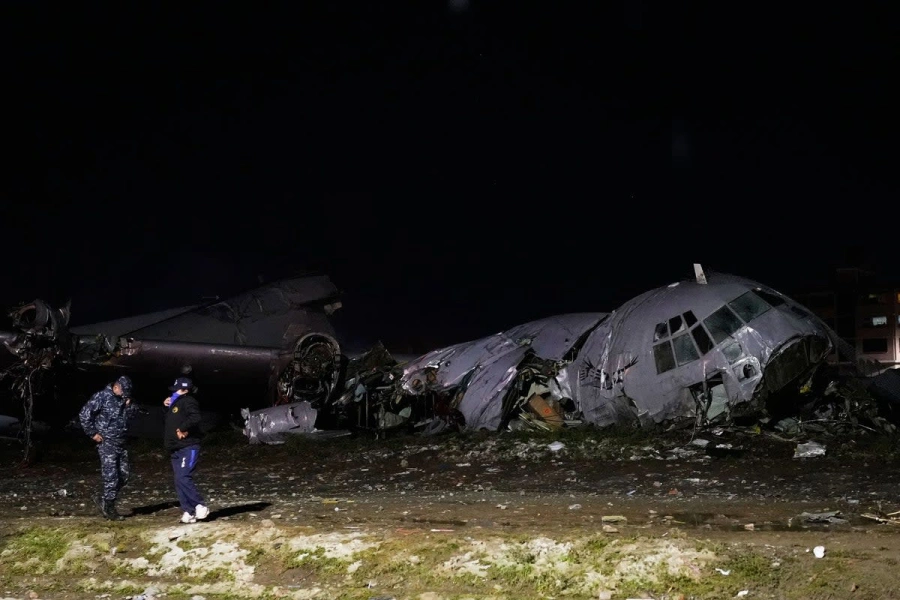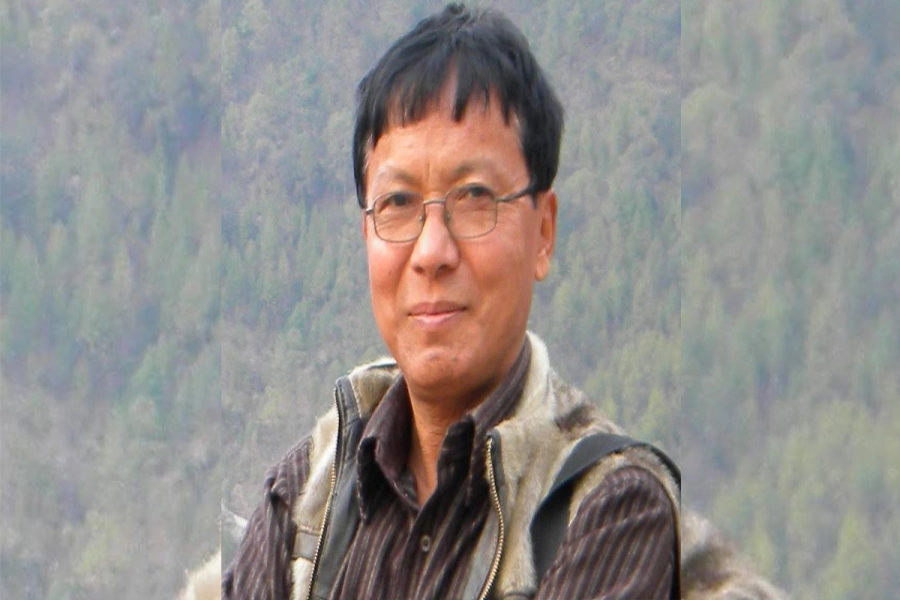KATHMANDU, April 17: As part of final preparations for the May 14 elections, the Election Commission (EC) on Sunday set up the offices of the chief returning officers in all 75 districts. This is intended to give momentum to poll preparations across the country.
District judges will function as the chief returning officers in the districts. Chief returning officers are responsible for overseeing the election environment, arranging the required human resources and coordinating the overall poll preparations in their respective districts. "Now onwards, the offices of the returning officers are established across the country. It's an important development for conducting the elections," said EC Spokesperson Surya Prasad Sharma.
After completing most of the logistical and administrative work at EC headquarters, the election body is now decentralizing its preparations. The chief returning officers have the final word in fixing the polling stations, establishing the offices of the returning officers and supplying the poll logistics in the 744 local units. The EC plans to set up the returning officers' offices in all 744 local units by April 25. "We have nearly completed all the managerial work here at the center. It's now up to the district and local election offices to make their final preparations," said Spokesperson Sharma.
As of Sunday, the EC has printed ballot papers for 71 districts, including those in Province-2, where the agitating Madhes-based parties are opposing the elections. Voter rolls and voter IDs are being printed while election education materials are being transported to the districts.
The election body plans to compete printing the ballot papers, voter IDs and voter rolls within a couple of days and forward these to the local units by April 23, informed election officers involved in arranging 67 types of election materials.
Except for indelible ink, all the logistics has been procured. The EC had to call a public tender for the supply of indelible ink after India 'diplomatically declined' to provide the ink.
India has been providing indelible ink in recent elections. However, a high-level source at the EC said India expressed its inability to provide it this time, citing the limited timeframe.
Chief Returning Officer and Offices of Returning Officers deter...

Apart from arranging the logistics, around 21,000 social mobilizers are being trained for educating the locals on how to cast the votes, while 75,000 temporary police are being hired to assist over 100,000 security personnel from Nepal Police, the Armed Police Force and the National Investigation Department. The Nepal Army has already been deployed for security at the ballot printing press and the army will also assume responsibility for the safe-keeping of the ballot boxes as a back-up force.
Election commissioners say they have completed nearly 90 percent of the poll preparations. Political parties are, however, still at odds over the elections. Madhes-based parties that have been opposing the elections ever since the government announced the May 14 poll date, have threatened obstructions. They have been demanding that the constitution should be amended and local units in the southern plains increased before the polls are held.
In order to take the agitating parties on board the election process, the ruling Nepali Congress (NC) and CPN (Maoist Center) are considering conducting the polls in two phases. The EC, however, is against the idea, saying this could invite further complications and the constitutional mandate of conducting three sets of elections-local, provincial and central - by January 28, 2018 may not be honored
The EC is for conducting the local elections at one go so that the other elections could be conducted within the remaining two election windows of 2018.
Some NC leaders have publicly proposed defering the election for 10 days. The election body, however, has refused to budge on the May 14 date. It argues that the election will not be deferred at this stage even if the government writes to the commission to do so. "We have arranged everything for the elections. The offices of the election officers are already established. Election workers are mobilized. How can we defer or cancel the election at this point?" Election Commissioner Ishwari Prasad Paudyal asked. "Who will compensate for the election expenses already incurred so far?"
The government had allocated Rs 10 billion for conducting the local elections and half this amount has already been spent on the logistics, according to election officers.




































